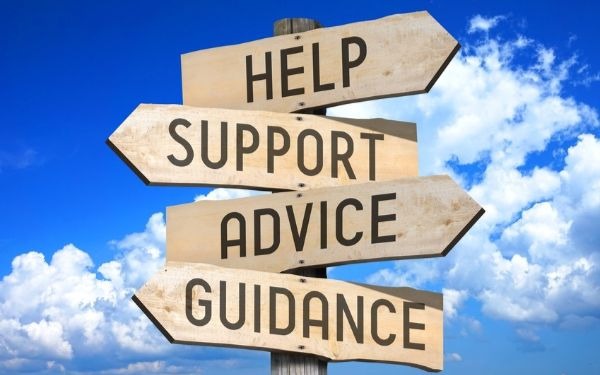
The government is to produce emergency guidance to help social workers manage Deprivation of Liberty Safeguards (DoLS) cases during the coronavirus crisis.
The guidance is designed to help practitioners, councils, providers and the NHS deal with the already high volumes of DoLS cases at a time of significant workforce shortages, severe pressures on hospitals and care homes and the challenges of managing cases while minimising contact with people.
There was surprise at the exclusion of DoLS from the emergency legislation introduced to deal with the impact of Covid-19, which yesterday became law, given the immense pressures that already exist in the system.
Speaking in a House of Lords debate on the bill this week, health minister Lord Bethell said: “We recognise that we have to strike a careful balance between the need to protect some of the most vulnerable in our society with preventing the spread of the virus.
Remote assessments
“Therefore, we have decided not to alter deprivation of liberty safeguards in primary legislation. However, we think that we can achieve significant improvement to the process through emergency guidance. That will include making clearer when a deprivation of liberty safeguards authorisation is necessary, and the basis on which an assessment can be made, including, for example, phone or video calling for assessment.”
“The assessor will need to make clear exactly what the basis of the assessment is (i.e. video access, review of records, interviews with others, etc.),” said the guidance, published by court vice-president Mr Justice Hayden. “Whether such evidence is sufficient will then be determined on a case by case basis.
“It is noted that GPs are rapidly gaining expertise in conducting consultations by video and may readily adopt similar practices for assessments.
“Careful consideration will need to be given to P being adequately supported, for example by being accompanied by a “trusted person.” These considerations could and should be addressed when the video arrangements are settled. It should always be borne in mind that the arrangements made should be those which, having regard to
the circumstances, are most likely to assist P in achieving capacity.”
Telephone-based hearings
The guidance also set out the court’s approach to managing Mental Capacity Act-related cases in the context of the highly restrictive social distancing measures now in place.
Hearings that are likely to take less than two hours will be held by telephone; for longer hearings, these will, in principle, take place, but all participants will be asked to maintain a two-metre distance from each other.
Mr Justice Hayden said that judges or legal advisers should only visit the person who may lack capacity, P, when “absolutely necessary” and that visits to care homes were “strongly discouraged”, with as much use as possible made of video conferencing and telephone contact.


 Bournemouth, Christchurch and Poole
Bournemouth, Christchurch and Poole  Hampshire County Council
Hampshire County Council  Lincolnshire County Council
Lincolnshire County Council  Norfolk County Council
Norfolk County Council  Northamptonshire Children’s Trust
Northamptonshire Children’s Trust  South Gloucestershire Council
South Gloucestershire Council  Wiltshire Council
Wiltshire Council  Wokingham Borough Council
Wokingham Borough Council  Children and young people with SEND are ‘valued and prioritised’ in Wiltshire, find inspectors
Children and young people with SEND are ‘valued and prioritised’ in Wiltshire, find inspectors  How specialist refugee teams benefit young people and social workers
How specialist refugee teams benefit young people and social workers  Podcast: returning to social work after becoming a first-time parent
Podcast: returning to social work after becoming a first-time parent  Podcast: would you work for an inadequate-rated service?
Podcast: would you work for an inadequate-rated service?  Family help: one local authority’s experience of the model
Family help: one local authority’s experience of the model  Workforce Insights – showcasing a selection of the sector’s top recruiters
Workforce Insights – showcasing a selection of the sector’s top recruiters 

 Facebook
Facebook X
X LinkedIn
LinkedIn Instagram
Instagram
Nice picture. This only reinforces the ignorance about deprivation being about locked doors. Cheers for that.
Yes you’re right. Not a good choice of picture. I’ve changed it now. Apologies
Vulnerable adults are being left in care homes without any protection or scrutiny whilst they are closed.
There are safeguarding issues and potential for abuse – particularly psychological abuse.
Their LPA’s and RPR’s have a legal duty to the person yet are unable to carry out that duty whilst homes are closed (not by law) to these guardians and advocates.
Can you not issue training videos to everyone who needs them – care homes children’s homes all vulnerable children and adult caters. Also update returning temporary workers currently isolating.